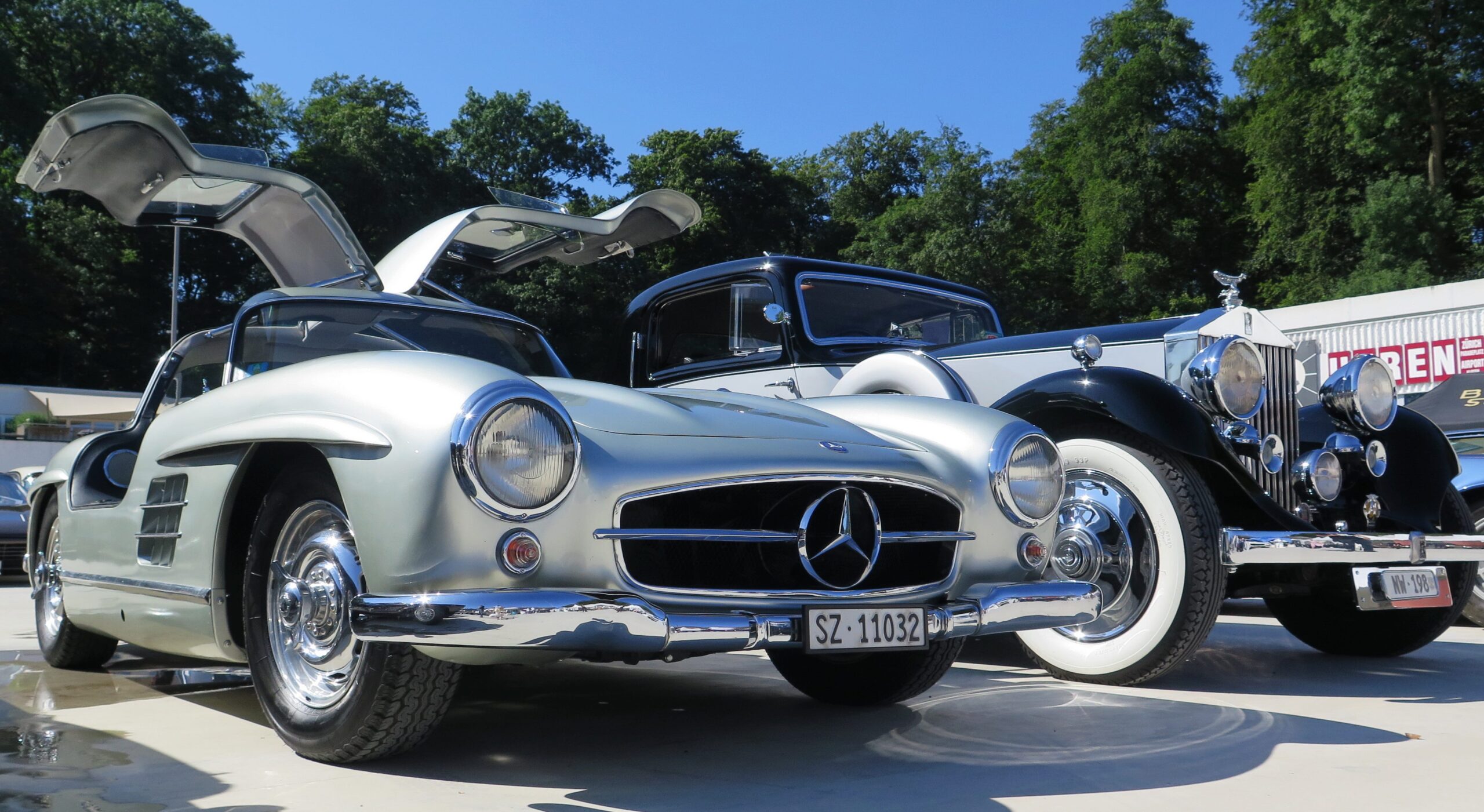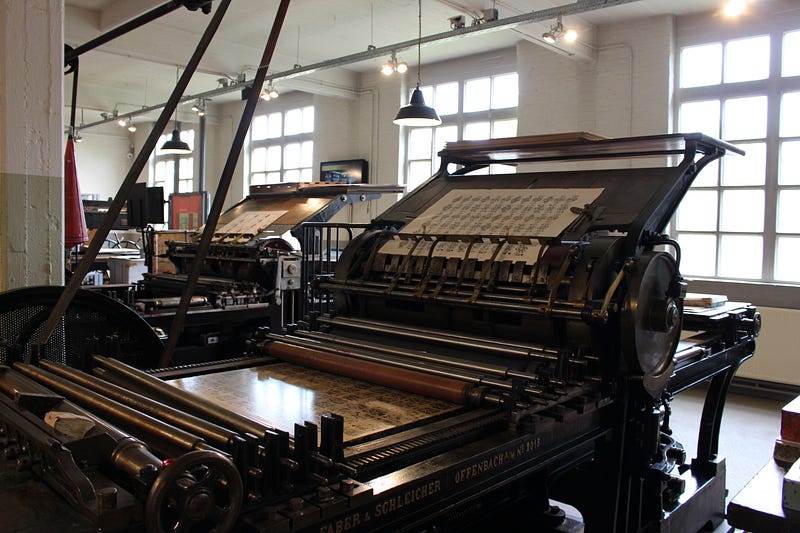A Discussion of Bourgeois Equality Chapter 45 “Talk had been Hostile to Betterment”
Dr. McCloskey opens this chapter with a story of a Mayan man from Guatemala, Oscar Chiquito, who had recently graduated from university despite long odds. And the long odds were due largely to his father’s hostility to education.
…his father said to him, “It is time to work. School is for lazy people who don’t want to work.” For some years the little boy worked in the fields beside his father, reaffirming his identity as a poor but hardworking man, an honorable peasant, a real man. (p. 427)
However, his story took a turn when his mother convinced his father to send him to school and his great performance ultimately led him through college.
McCloskey draws a parallel to Abraham Lincoln’s experience with his father who thought his time reading was a waste of time trying to avoid real work.
She is not bringing this up because everyone needs higher education and real work is bad. She is addressing the hostile attitude towards education some impose on others who would excel at education.
How many children are confined by more than poverty itself to repeat the lives of their parents, the better to reaffirm the parents’ identity and dignity? (p. 427)
She says this attitude can strike the rich as well where they can encourage their children to fritter away their time since they do not need to earn money, never doing the hard work of improving themselves.
What she is getting at with all these cases is what she is calling a “conservatism” that leads people to do what has always been done and sneering at people who try to learn and do new things. (p. 427) It calls back even to the hierarchical societies pre-1700 where you are born in a class and you stay in that class.
The rise of the Bourgeois Deal could only happen by overturning that conservative view.
McCloskey is pointing out that this attitude has been with us a long time.
The hostility to trade-tested betterment among aristocrats and peasants is ancient and usual. Still, the hostility even to trade-tested supply is odd, since trade itself is also ancient and usual. (p. 430)
Where does this hostility come from?
Trading has been around as long as people have grouped together. Some people think trading is capitalism, but capitalism only began around 1800 with the rise of the industrial economy. Markets and trading are a part of it, but they pre-exist capitalism.
And yet, people have a complicated relationship with trading, at least emotionally.
For an economist, a trade happens when someone wants something more than the money they would have to give up and the other person wants the money more than the thing. It is a mutually beneficial transaction.
With voluntary trading, both sides are made better off or they would not make the trade.
But pricing is where the resentment comes in.
The buyer has in mind some maximum price he is willing to pay while the seller has some minimum price he is willing to accept.
Thus, when we see a trade happen, there is often a range of prices between the minimum price the seller needs to make the deal and the maximum price the buyer is willing to pay.
The emotional problem is both sides can feel taken advantage of by the other.
Anxiety and irritation have always flowed from the gap between what you are willing to pay and what the buyer is willing to accept…The man in the street calls the gain by his suppliers of groceries and housing their “profit,” and resents that he can’t shift more of it to himself. (p. 431)
Economists see this gap as a good thing — the social gain from trade. Goods are being reallocated to those who most value them without having to pay their full value and from those who are getting more than their minimum.
And yet, this is where Marx can grab people in their feels. Worried you are not getting a good deal and others are getting paid more than they “need” — this is what Marx calls exploitation.
It’s not true — both sides are better off objectively. But emotions are not objective.
The trouble is imagination, combined with an aversion to loss that tends to be stronger psychologically than the pleasure of gain. The psychologists call it “negativity bias.” When I hand over the money for a new house to some stranger like you with whom I have no integrative relation, I imagine (more vividly than the gain) the loss you the seller have imposed on me, twice. After all, you “took” my money for the house, and you also took the larger net money gain for me that I can imagine you could have let me have by charging me less for the house. You selfish rat. (p. 432)
When I teach this I try to explain that both parties are better off because of the trade, period. If not, they would not have made the trade. We say that because someone would not make a voluntary trade if it made them worse off.
A separate issue is the how the social gain is shared between the two parties — whoever is a better negotiator maybe — but both are better off.
And yet, as McCloskey illustrates so well above, people so often are left with the feeling, “you selfish rat.”
Mutually beneficial not zero-sum
One of the reasons I teach economics is to get people to open their eyes to the goodness of the capitalist system because it is based on mutual benefit.
You win and I win.
But as detailed above, people’s natural reaction is to feel taken advantage of.
You win so I lose.
Only briefly in recent European centuries did a coherent rhetoric arise to assuage the anger against the other side of a trade. It partly persuaded a portion of the people that trading is positive-sum. It’s the Bourgeois Deal…The Bourgeois Deal is accepted on the whole by modern people, though subject to outbreaks of populist reversion to peasant or proletarian type — or if educated, reversion to an aristocratic disdain for trade…(p.434)
If we let people’s selfish nature triumph over the reality that the Bourgeois Deal has brought us trade-tested betterment lifting millions out of subsistence poverty, then we can lose it all.
Reference: McCloskey, Deirdre Nansen, 2016. “Talk had been Hostile to Betterment,” Chapter 45 of Bourgeois Equality, The University of Chicago Press.




